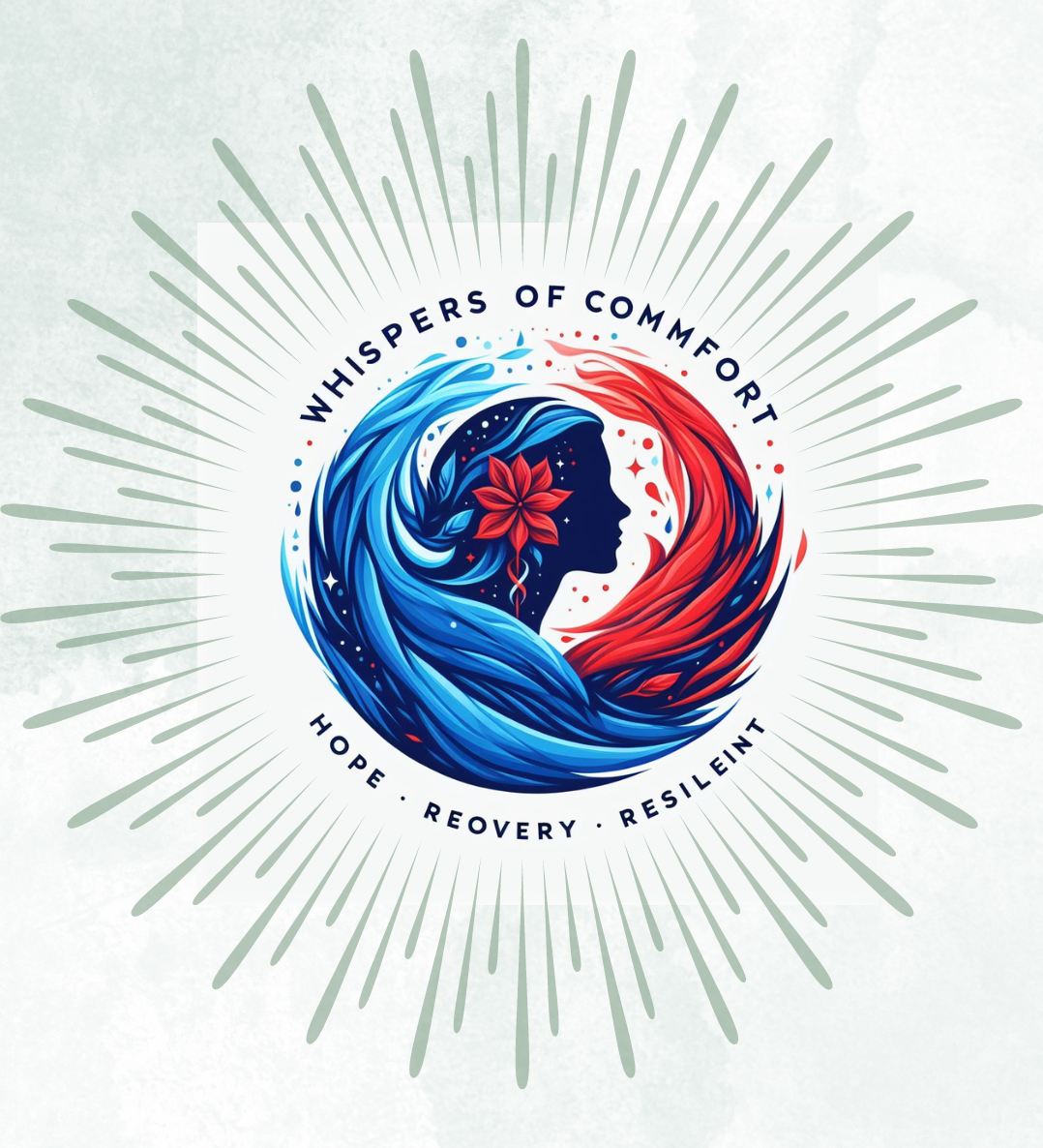
Sometimes, it’s very difficult to make sense of how situations like divorce could happen. These are some of the things in life that are hard to reconcile.
If you’re going through a divorce, it’s like riding an emotional rollercoaster with highs, lows, and unexpected twists. The one thing you can be sure of is that the emotions you’re experiencing are unpredictable and often intense. In my opinion, acknowledging these feelings as a natural part of the divorce process is crucial. You might feel relief one moment and profound sadness the next, and that’s completely normal.
Now, coping with this barrage of emotions isn’t a one-size-fits-all situation. You’re going to find out about various strategies that can help you navigate this tough time. For starters, it’s essential to find healthy outlets for your emotions, whether that’s through exercise, journaling, or art. Additionally, don’t shy away from seeking the support of friends and family, as they can be your emotional lifeline.
I’m here to help you understand the importance of self-care. It’s not selfish to take time for yourself; it’s necessary. Setting boundaries, such as designating ‘no divorce talk’ times, ensures you’re not consumed by the process. And remember, there’s a lot of opportunity in rediscovering activities that resonate with you and contribute to your well-being.
You can always adjust your approach down the road, but consider talking to a professional. Therapists, divorce coaches, and support groups offer expert guidance tailored to your situation. They’ll provide coping mechanisms and help you process emotions in a safe environment, enabling you to heal and move forward.
How to Support a Friend Experiencing Divorce
When a friend confides in you about their divorce, it’s a sign of trust. I’m here to help you navigate this tricky territory with grace and supportiveness. First, it’s crucial to understand that your friend’s emotional landscape might be tumultuous, making your role as a steady presence even more important.
One of the most vital things you can do is LISTEN. Offer an ear without judgment or unsolicited advice. Sometimes, what your friend needs most is to voice their fears, frustrations, and feelings in a safe space. That means no ‘I told you so’ or ‘There’s plenty of fish in the sea.’ Empty platitudes can be more alienating than comforting.
Practical help can be a godsend during such a stressful time. Don’t overwhelm them with grand gestures; simple acts like helping with errands, providing a meal, or just spending time together can be incredibly supportive. And if they have kids? Offer to babysit. It gives your friend precious time to manage legal matters, self-care, or simply a moment to breathe.
Yet, while helping, it’s important to maintain a balance by respecting your friend’s need for space. They may need time to process everything on their own. So, be sure to check in with them without being overbearing, ensuring they know you’re there when needed.
Keep in mind that divorce carries a stigma, and many people might withdraw from someone going through it. Counter this by including your friend in plans, reinforcing that they are not alone during this transition. This continued social support is invaluable for emotional healing.
In summary, supporting a friend through a divorce includes being a good listener, offering practical help, respecting their need for space, and making sure they know they’re not alone. By doing these things, you’re not just helping with the challenges of today; you’re strengthening your friendship for tomorrow.

Now what about when kids are involved? Divorce doesn’t just affect the two individuals looking to part ways; it undoubtedly leaves a mark on the children, too. You’re going to find out how to tackle this sensitive situation as gently as possible. Handling this requires open dialogue and patience.
First off, it’s crucial to communicate effectively with your children about what’s happening. A common mistake is trying to shield them from reality to protect their feelings. However, kids are perceptive; they pick up on changes. Honest but age-appropriate conversations help to minimize confusion and fear of the unknown.
Choose something that resonates with your child when explaining the situation. Keep it simple and clear, without placing any blame. They need to know that both parents love them and that it’s not their fault.
Maintaining routines and a sense of normalcy can provide some much-needed stability. School activities, bedtimes, and family meals—keeping these consistent helps children feel secure at a time when everything else seems to be in flux.
On the emotional front, children will have their own unique ways of processing the divorce. Some may become withdrawn, others might act out. It’s here that family counseling can play a pivotal role. A counselor can help navigate the complexities of their feelings and provide a safe space for expression.
Lastly, co-parenting strategies are essential. The goal is to ensure your children’s well-being, despite the changes in family dynamics. This means making decisions together regarding the kids, having a unified front on parenting issues, and being flexible to meet the children’s needs.
As you and your children adjust to this new phase, it can often pave the way to building stronger bonds and fostering open communication. Moving into the next section, I’ll guide you through embracing these changes and how to thrive after a divorce, laying the groundwork for a future filled with growth and hope.
Looking Ahead: Rebuilding and Thriving Post-Divorce

I’m going to let you in on a little secret: life after divorce can be a time of incredible personal growth and new opportunities. It may not seem like it’s right in the midst of all the legalities and emotional turmoil, but you’re entering a phase where you have the chance to redefine your life on your terms.
That’s going to include taking steps to embrace change and transform your lifestyle. Whether it’s pursuing hobbies you’ve set aside or dedicating more time to personal well-being, choose something that resonates with you and sparks joy. Your interests can open doors to new connections and communities where you can cultivate supportive friendships.
You’re going to find out that redesigning family traditions can be both healing and empowering. This isn’t just about moving past the divorce; it’s also about creating new memories that you and your loved ones can cherish. Sit down with your children, if you have them, and brainstorm activities or rituals that you all look forward to. It’s a collaborative way to ensure everyone’s voice is heard and contributes to a fresh start.
And let’s not forget the practical aspect of financial planning. This step is crucial as you navigate independence. Financial freedom post-divorce might involve setting a budget, exploring career opportunities, or even consulting with a financial advisor to ensure you’re on the right track. Don’t worry too much about having it all figured out immediately—you can always adjust your approach down the road.
In the end, remember that your first attempt at forging a new life doesn’t need to be perfect. Just don’t focus too much on perfection; rather, concentrate on progress and what feels right for you at the moment. I really hope that you take the time to celebrate your resilience and look forward to the future with optimism. You must not dwell on hate or negativity. There’s a lot of opportunity waiting for you, and now is the time to explore it. You must be strong, brave, and bold because, at the end of it all, life goes on.
Do you have any comments or experiences you’d like to share with us?
Kindly share your comments and experiences below.
Simplified. Turn YOUR Passion, Hobby or Interest into YOUR Success Story! Join Wealthy Affiliate today: https://www.
**Here’s a little transparency: Our website contains affiliate links. We may receive a small commission if you click and make a purchase. Don’t worry, as there’s no extra cost to you. It’s a simple way to support our mission of bringing you quality content.
Follow me on social media!

Hi Makinde,
Your post on supporting a friend through a divorce was incredibly insightful. I found the part about offering practical help without overwhelming them particularly useful, as it’s easy to forget the power of small gestures during such a turbulent time. I’m helping a friend who’s going through this, and it’s been challenging to find the right balance. Could you perhaps share more about how to initiate conversations about their needs without making them feel like a burden?
Thank you for your work and for sharing your advice!
Best,
Makhsud.
Hi Makhsud,
I appreciate your contributions, and sharing your experience with us on this sensitive, yet an important subject. Just as you have rightly noted, we need to serve as a life-line and support for friends going through this phase of life, especially in meeting or catering for their needs.
However, we have to go about it in such a away, that would not make them feel like a burden. As discussed in the article, our aim is to render a helping hand. We can initiate conversation about their needs, by asking them what they want us to do, suggest ways or volunteer to help practically, provide encouragement, giving them a listening ear, checking on them, etc.
I’m sorry about your friend’s situation. I hope these and other ways discussed in the article would help at this critical juncture of your friend’s life.
Thank you once again for your contributions.
All the Best,
Makinde.
Hi there
I like that your article offers compassionate advice for supporting someone going through a divorce. It emphasizes the importance of listening without judgment, providing practical help, and respecting their need for space. The piece also highlights the value of maintaining routines for children and exploring personal growth opportunities post-divorce.
It’s a well-rounded guide that encourages empathy and understanding during a difficult time.
Could you elaborate on how to balance offering support without making the person feel overwhelmed or like a burden?
Hello Troy,
Thank you for your thoughtfulness and feedback on the subject.
In my opinion, support could be shown to someone in such a critical situiation as divorce by being a good listener, asking the individual directly on what kind of help and support they need. Guiding them towards a professional for their overall mental well-being could also be of great help in this situation.
Mindfulness of the time of offering the help, and the readiness to step back, if they need space is also crucial. Our well-being must also be considered in order to prevent burnout.
We can also support their steps towards personal growth and self-sufficiency.
The most important consideration should be balancing the support, without necessarily overwhelming the individual.
I appreciate your contributions.
Thanks.
Makinde